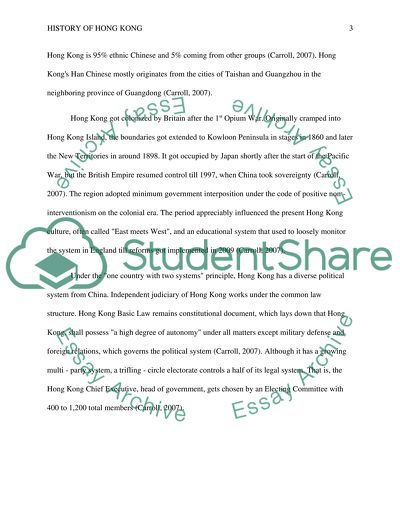Cite this document
(“History of Hong Kong Research Paper Example | Topics and Well Written Essays - 2000 words”, n.d.)
Retrieved from https://studentshare.org/history/1453640-history-of-hongkong
Retrieved from https://studentshare.org/history/1453640-history-of-hongkong
(History of Hong Kong Research Paper Example | Topics and Well Written Essays - 2000 Words)
https://studentshare.org/history/1453640-history-of-hongkong.
https://studentshare.org/history/1453640-history-of-hongkong.
“History of Hong Kong Research Paper Example | Topics and Well Written Essays - 2000 Words”, n.d. https://studentshare.org/history/1453640-history-of-hongkong.


